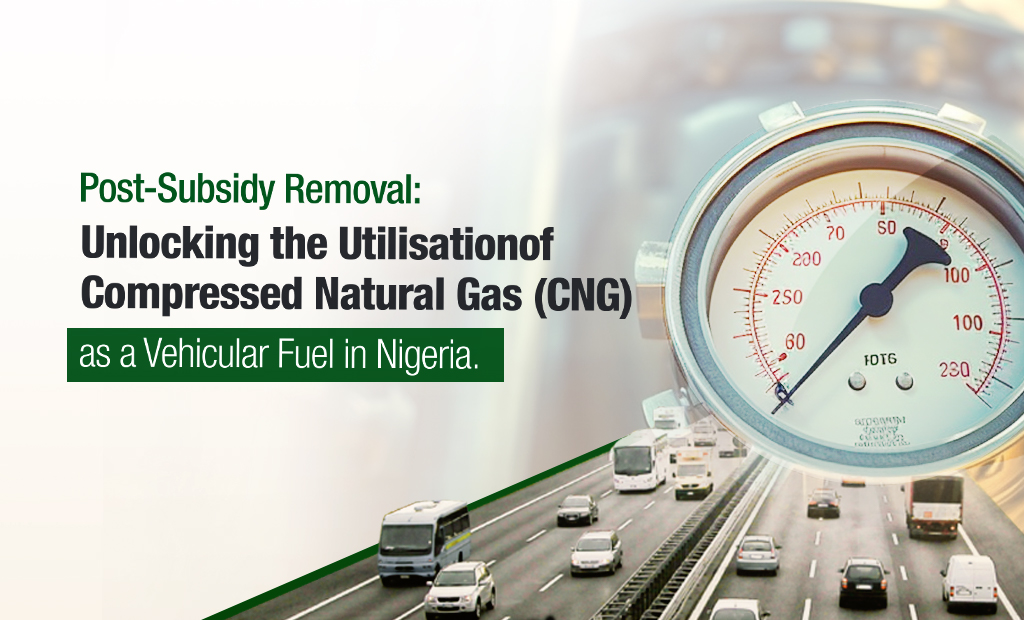Adopting Compressed Natural Gas (CNG) in Nigeria has significant socio-economic and environmental benefits, aligning with the country’s net-zero target by 2060. Although CNG is cheaper than Petroleum Motor Spirit (PMS), high upfront conversion costs and infrastructure deficits have hindered its widespread adoption. To promote CNG usage, the government should invest in infrastructure development, conduct awareness campaigns, offer fiscal incentives, provide temporary subsidies for vehicle conversion, establish regulatory frameworks, and foster international collaborations. Overcoming these barriers can help Nigeria transition to CNG as a cleaner, cost-effective fuel source, creating jobs, reducing carbon emissions, and enhancing energy sustainability.
Click here to download.



